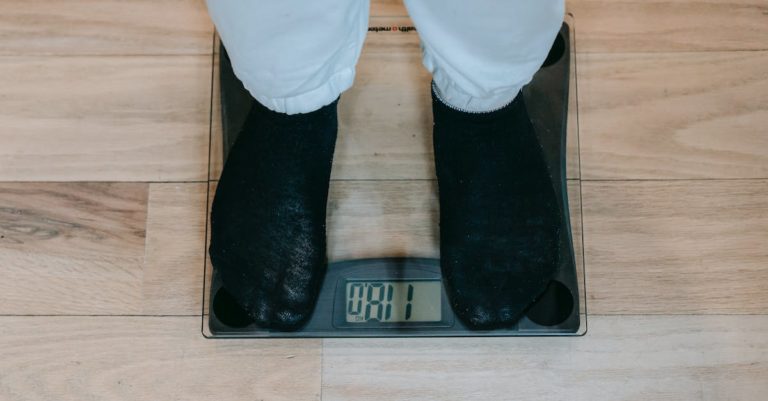The withdrawal symptoms associated with caffeine can be severe, it is possible to decrease your intake gradually. Decaf could be substituted for just half the amount of coffee you consume daily. Also, drink fluids to get rid of caffeine.
A study from the past has revealed that decaffeinated coffee may help alleviate some of the signs of withdrawal from caffeine. This is due to the placebo effect. individuals believe that they’re drinking a beverage that is containing caffeine and as a result their withdrawal symptoms decrease.
It can also help in reducing tension in the head.
Decaf might be an possibility for those looking to reduce their intake of caffeine. It will help alleviate the discomfort that is associated with the withdrawal symptoms of caffeine.
It is also able to help ease inflammation which occurs whenever a person suffers from a headache. In addition, it can increase the effectiveness of pain medications such as Ibuprofen, aspirin and Acetaminophen.
However, it’s important to be aware that taking too much caffeine can be detrimental to the health of your body. For those suffering from migraines, it’s possible to have their headaches triggered by too much caffeine.
People suffering from migraines may suffer a withdrawal headache from caffeine. When they have consumed their last cup of coffee or other energy drink, signs of a withdrawal headache include fatigue, an anxiety and drowsiness.
It Can Help to Reduce Fatigue
A withdrawal from caffeine is a bothersome and, at times, debilitating particularly for those who depend on caffeine in order to work. The symptoms typically start 12 to 24 hours after your last intake of caffeine, it can last from two up to 9 days.
You may experience anxiety, headaches, fatigue and as well as irritability. They can also cause light-headedness or dizziness. These may be dangerous when you exert yourself to the limit.
Decaf tea may be able to help reduce withdrawal symptoms for those drinking regular caffeinated drinks. The University of Sydney has just released a study that has found decaffeinated coffee can help ease withdrawal symptoms for coffee drinkers who know they haven’t been drinking regular caffeinated beverages.
This study was done by Dr Llew mills (a Senior Research Associate at the University of Sydney School of Addiction Medicine) as well as colleagues. The team tested the withdrawal symptoms of 61 caffeine-loving people by giving them an uninterrupted caffeine-free period of 24 hours as well as assessing their feelings afterward.
This may help reduce inflammation.
If you’re among the millions of people struggling with withdrawal from caffeine, you’ve experienced the discomfort — headaches, irritability and fatigue. New research has proven that decaf could alleviate these signs.
This study was conducted under the direction of Dr Llew Mills of the University of Sydney. His team recruited 61 coffee-loving those who drink at least three cups of coffee per throughout the day.
The researchers then monitored withdrawal symptoms and asked the participants to quit drinking for at least 24 days. Then, they were to be asked how likely they were that different beverages would reduce the symptoms.
The research team found that subjects who believed they were drinking decaf coffee rated their withdrawal symptoms as less than those who thought the drink was water. This phenomenon is commonly referred to as the “placebo phenomenon”.
It can also help in reducing the risk of developing heart disease.
Coffee is one of the most popular drinks because of its unique flavor and smell. It is also less likely to suffer from the heart or diabetes.
A study that was published in Circulation heart failure American Heart Association journal, revealed that the more quantity of coffee people drink, the greater their likelihood of getting heart disease. The advantages did not go to coffee drinkers who use decaf. This result raises questions about the need for more investigation.
In this study, researchers looked at data from nearly 450,000 individuals in the UK Biobank. Based on how much coffee they had consumed the study was divided into six groups.
Drinkers who drank two to three cups of instant, ground or decaf coffee every day experienced the highest reductions in the risk of death from any cause. Arrhythmias can be caused by irregular heartbeats. Drinking all kinds of coffee decrease the likelihood of suffering from it.






